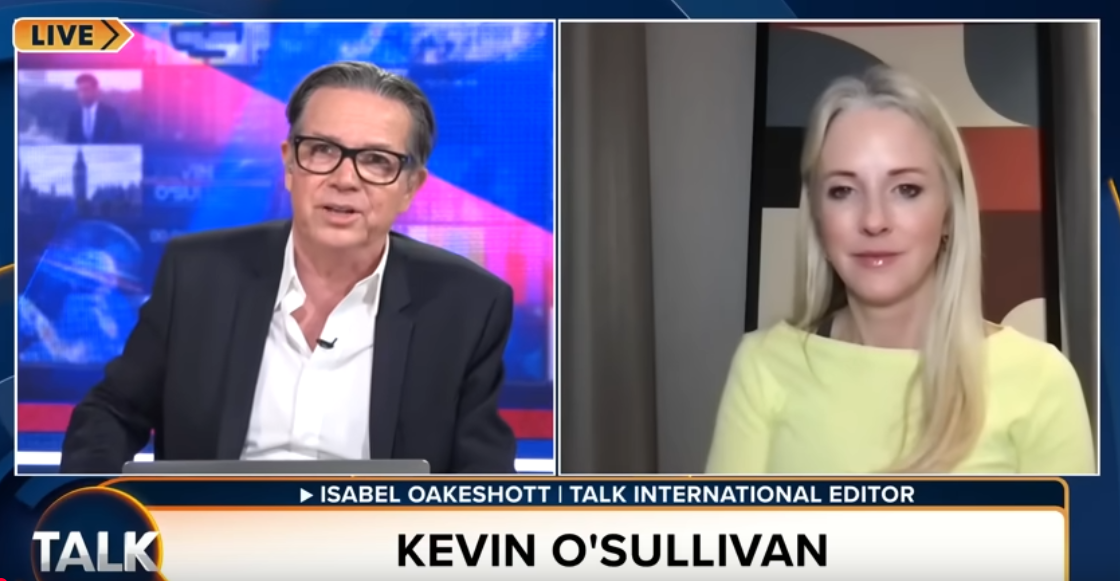
In yet another headline-grabbing initiative, Labour’s David Lammy announced plans to combat people smuggling by targeting their finances, proposing to block bank accounts linked to suspected smugglers. The move comes amid mounting pressure on the government to tackle the ongoing migrant crisis, but critics are branding the plan as unworkable, authoritarian, and detached from reality.
The proposal would allow the government to shut down the bank accounts of those suspected of people smuggling, bypassing traditional legal proceedings. While it may sound tough on crime, many experts and commentators are raising alarms about its implications.
One commentator remarked:
“This is prosecuting the unprosecuted. It’s a sinister move that undermines the rule of law. Who decides whose bank account gets closed, and on what evidence? This feels more like the actions of a totalitarian government than a democracy.”
The idea of targeting smugglers’ finances was previously paired with another controversial measure—disabling their laptops and banning them from social media. Critics argue that such measures are ineffective and fail to address the core issues driving illegal immigration.
Skeptics also question whether people smugglers even have accounts in traditional banks.
“Do they think these criminals have current accounts with HSBC or Lloyd’s? These operations rely on cash, cryptocurrency, or obscure offshore banking systems. This plan targets the wrong people and risks harming innocent citizens caught in bureaucratic crossfire.”
Moreover, the policy could exacerbate difficulties faced by ordinary people. Anti-money laundering regulations are already causing headaches for legitimate customers, and the additional scrutiny could make financial transactions even more burdensome.
Eight months into Labour’s tenure, critics highlight the lack of tangible results in tackling the migrant crisis. Despite promises to “smash the gangs,” not a single major people smuggling operation has been dismantled. The government has spent millions on drones and high-tech equipment, but the small boat crossings continue unabated.
A scathing assessment of Labour’s performance so far described the situation as:
“An ocean of hopelessness. They’ve made countless announcements, but there’s no action. Instead of focusing on practical deterrents, they’re chasing headlines with gimmicks that solve nothing.”
Many are calling for proven deterrent methods, such as turning boats around or implementing strict entry policies, similar to Australia’s approach. One critic put it bluntly:
“Tell migrants they broke our laws and can’t come in, or send them to Rwanda. That’s a real deterrent. These announcements are just empty noise.”
As public frustration grows over Labour’s handling of the migrant crisis, political observers warn that these missteps could cost the party dearly:
“Lammy’s bank account plan is just the latest example of a government out of touch with reality. If they can’t present a credible solution soon, it will be their undoing.”
Despite the rhetoric, the UK’s migrant crisis remains unresolved. For many, Lammy’s plan epitomizes a government more focused on optics than meaningful action. Whether Labour can pivot to effective strategies remains to be seen, but time is running out.





Block his account until something is done